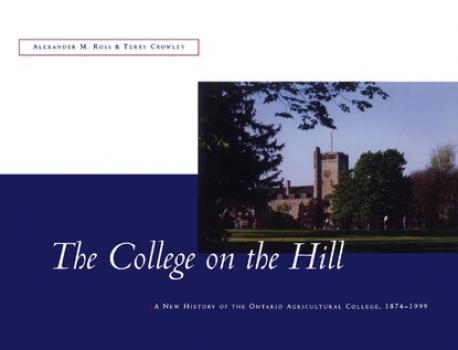Alexander Ross
Список книг автора Alexander RossDer Macht-Code
Menschen setzen täglich unterschiedlichste Mittel ein, um andere zu beeindrucken und zu beeinflussen. Die Spannweite reicht vom Anlächeln des Gesprächspartners bis zur vorsätzlichen Manipulation. Das Ziel ist stets dasselbe: das Verhalten anderer Menschen zu steuern. Dafür werden zahlreiche Tricks und Strategien der Manipulation eingesetzt: Sprache und Verhalten, Täuschung der Wahrnehmung, gezielt unwahre Behauptungen, veränderte Zahlen, falsche Vergleiche und viele andere psychologische Manöver.
Dieses Buch beschreibt, wer manipuliert und wie manipuliert wird. Sie erfahren, was mit Manipulation alles möglich ist. Anhand konkreter Beispiele – vom Hochstapler bis zu Prominenten aus Wirtschaft, Politik und Gesellschaft – zeigen die Autoren, wie Manipulation funktioniert. Sie geben den Lesern praktische Tipps, wie sie Manipulationen erkennen, um den Macht-Code zu entschlüsseln.
Ebenso unterhaltsam wie spannend zu lesen, bietet dieses Buch alles, was Sie über Manipulation wissen müssen.
The College on the Hill
How has the Ontario Agricultural College contributed to Canadian education? What role has the college played in the development of agriculture since it was founded in 1874? This history of Canada's oldest agricultural college revolves around these two questions. It shows that the college's mandate has changed in its attempt to serve both education and agriculture. The Ontario Agricultural College was established to enshrine science in farming, but it also became the testing and extension arm of the provincial ministry of agriculture. Direct government control for ninety years provided financial resources not enjoyed by other post-secondary schools, but the results sometimes proved of greater benefit to agriculture than to education or science. Swept into the University of Guelph when it was created in 1964, the college rethought its role. It emerged as a centre for advanced scientific inquiry, for global agricultural programs, and for understanding rural societies. The controversies surrounding these changes and the evolving nature of agriculture and science are brought out fully in this account of the past century and a quarter.

